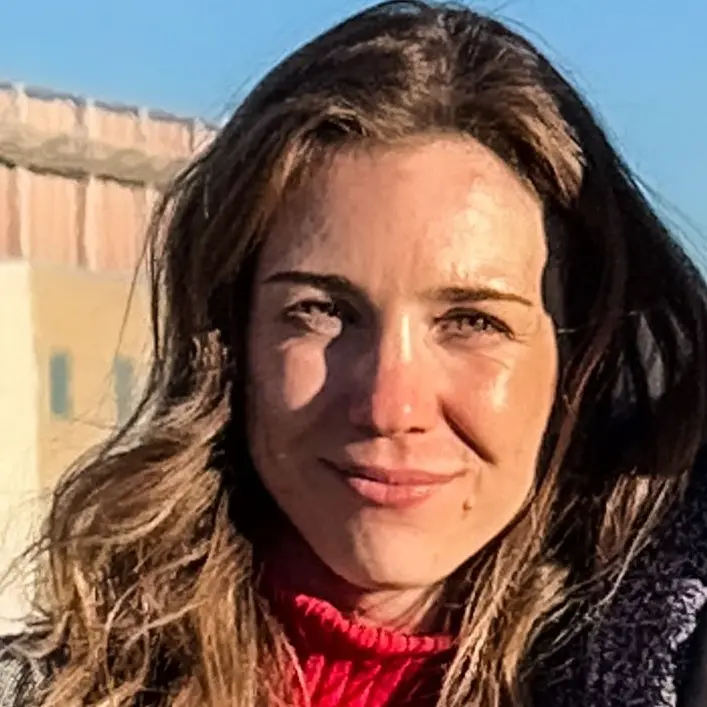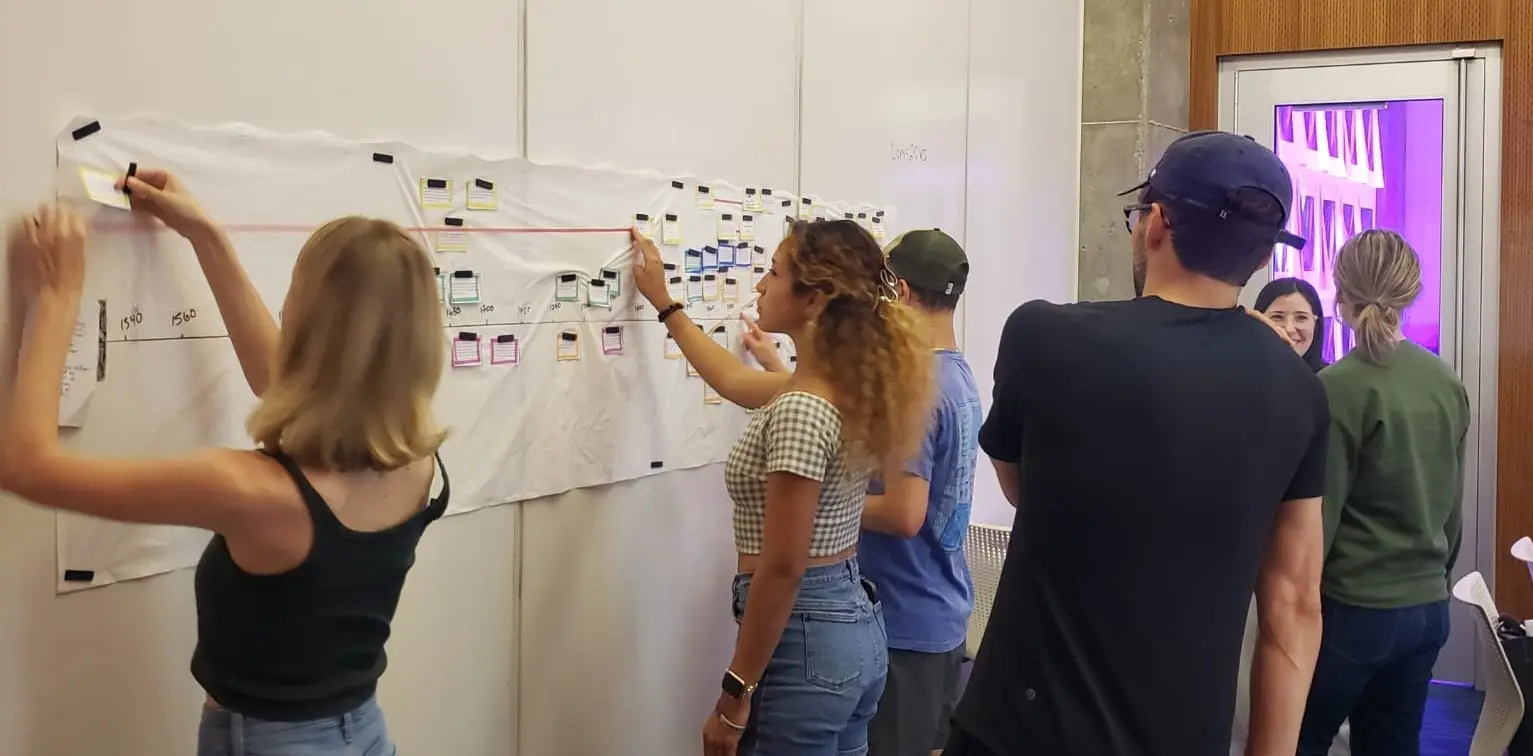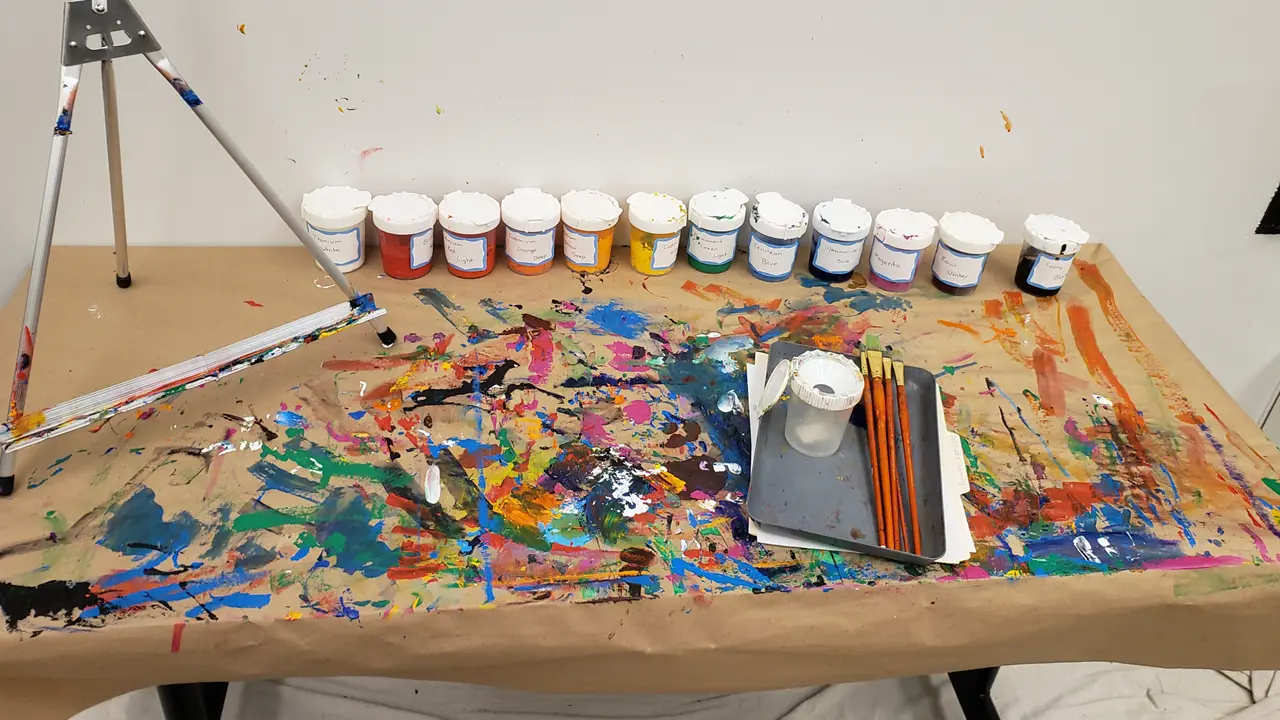Welcome!
This website is under construction. Check my Duke Scholars profile for more information.









I am a cognitive scientist whose specialization is in the measurement of “generative thought,” or how the brain deploys past experiences to generate new ideas, as in the case of mind wandering, future thinking, creative cognition, imagination, and meaning-making during aesthetic experience. I am inspired by science writers, autobiographers, and polymaths whose aesthetic attitudes towards the natural world blur the boundaries between artistic composition and objective description. I am interested in the idea that memory can have an aesthetic quality that is both expressed in art and/or interpreted through sensory perception during aesthetic experiences. My dissertation is entitled, "Contributions of Memory to Aesthetic Experiences of Visual Art."
I have extensive experience designing and teaching upper-secondary and bachelors-level neuroscience curricula, including formerly directing and teaching Duke Youth Programs' Neurosciences Camp for high schoolers (in 2018 and 2019, prior to starting graduate school) and working as a Duke Learning Innovation Fellow in the summer of 2023 to re-design and execute the Neuroscience Major's Introduction to Cognitive Neuroscience (NEUROSCI 217) in 2024 as a laboratory-based active learning course.
I am soon to be on the academic job market! Please email me with leads!
Advisors: Dr. Elizabeth Marsh and Dr. Felipe De Brigard
Marsh Memory Lab
IMCLab
M.A. Psychology, Duke University
B.A. Cognitive Science, Carleton College

Cognitive science, including cognitive psychology and cognitive neuroscience, is a fundamentally interdisciplinary and contextual subject. Its reliance on methodology has shaped its short history, merely 60 years old in its recognizable form. The image of modern neurotechnology attracts a rush of undergraduates into an increasing number of newly established neuroscience majors. However, many students are surprised to learn that understanding the human brain is an unusually holistic and interdisciplinary venture that trains the very skills that liberal arts education idealizes: critical thinking, synthesis, analysis, collaboration, and reflection (to name a few). I approach teaching cognitive science in light of these liberal arts values. Liberal Arts values were originally conceived to empower people in civic life or careers in law, medicine, or graduate studies. Correspondingly, many undergraduates seek to apply what they learn to outstanding questions in these areas or in their personal lives. I envision my role as their professor as helping them channel their existing interests through the cognitive scientific “infrastructure” inherited from traditions in philosophy, psychology, physiology, and computing. I also strive to transmit the optimism and sense of privilege evoked by engagement with the “last biological frontier:” the structure and function of the mind.
Click below to read my full teaching statement and student testimonials from my Introduction to Cognitive Neuroscience.

Offline Website Maker